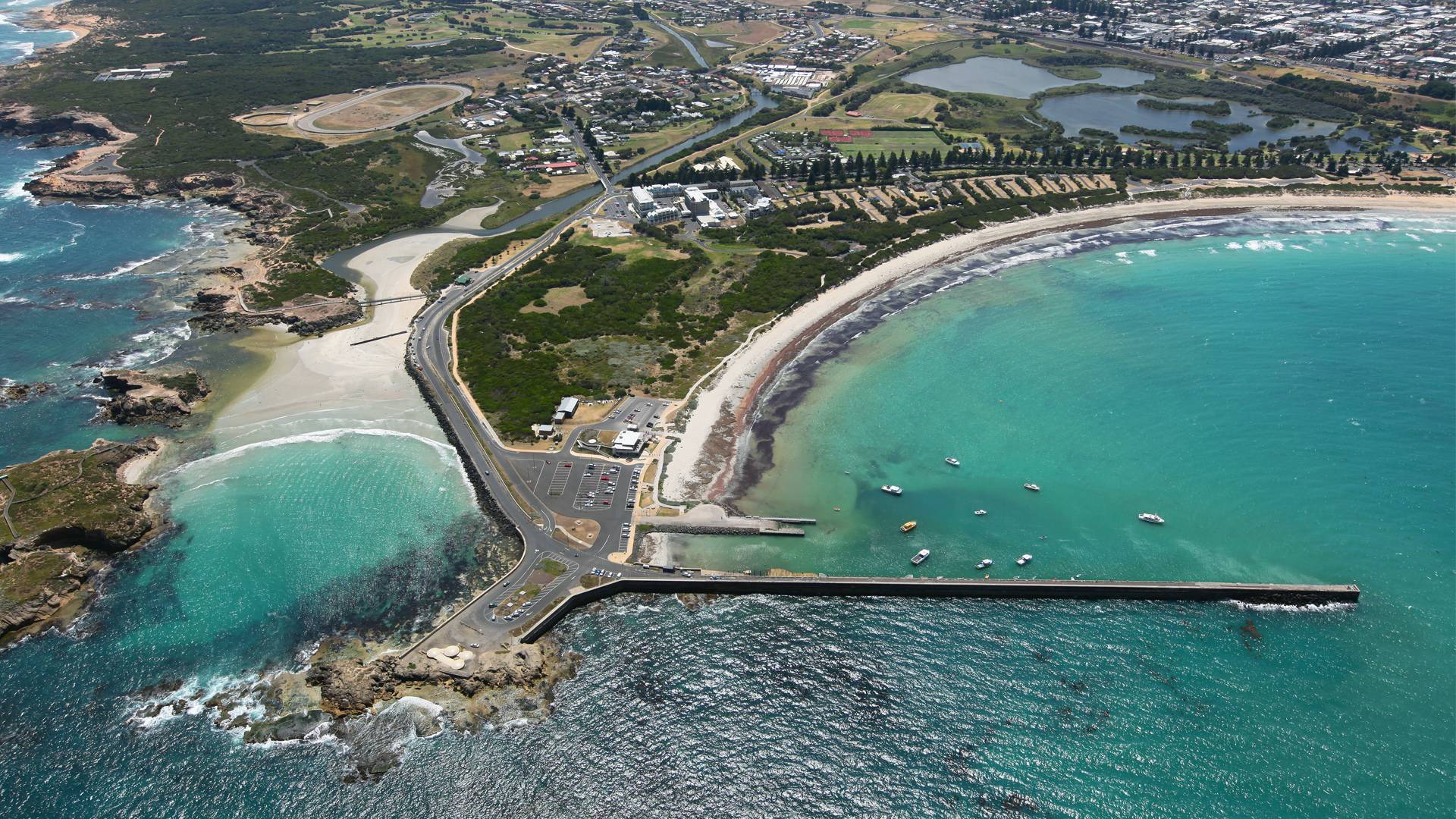The Warrnambool City Council has developed its first Sustainable Transport Strategy for the City.
Warrnambool has the beginnings of a great transport network with the City's off road trails, footpaths, bus system and connection to Melbourne by rail providing a variety of choices for people to leave the car at home, but there is room for improvement.
Through partnerships with community and other stakeholders, the Strategy will help deliver a combination of events and infrastructure to improve the uptake of sustainable transport for the next ten years. The aim is to get more to get more people on their bikes, on buses, on rail and walking as part of a movement to reduce reliance on fossil fuels and get people more active.
Benefits of making the change to Sustainable Transport.
Make a commitment to yourself, tell a friend and celebrate your achievement. Start with swapping the car for one day a week or park and walk. The benefits are endless:
Health – Reduce the risk of obesity, heart disease, diabetes and some cancers. Healthy employees are more efficient and productive – Swedish researchers found fit workers make 60% fewer errors on jobs involving concentration and short-term memory. According to Baker IDI, regular physical activity like bike riding can help protect against serious diseases like obesity and diabetes. Their studies show that bike riding can lower blood pressure, improve blood fats, lower blood glucose and reduce the risk of developing diabetes.
Social- Allowing children to practice being road users and learning about road safety gives them opportunity to become independent; surveys of Warrnambool Primary School students showed that children love to walk/cycle with friends. They also learn about their neighbourhoods and the people who live around them. Its a great way for students to learn about the road system before they get behind the wheel.
Environment – Cycling and walking is a zero emission form of transport. Swapping your car means that each 10km (each way) you travel instead of driving saves 1.3 tonnes of greenhouse gas emissions per year.
Finances – An average Australian household spends around $8,000 each year on transport, of which $2,500 on average is for fuel. By cycling or walking instead of driving, it is possible to save around $50 a week through a reduction in parking, fuel and vehicle maintenance costs...not to mention your gym costs!
Time – Congestion is on the rise and for some commuters it is quicker and easier to walk rather than look for a park.
